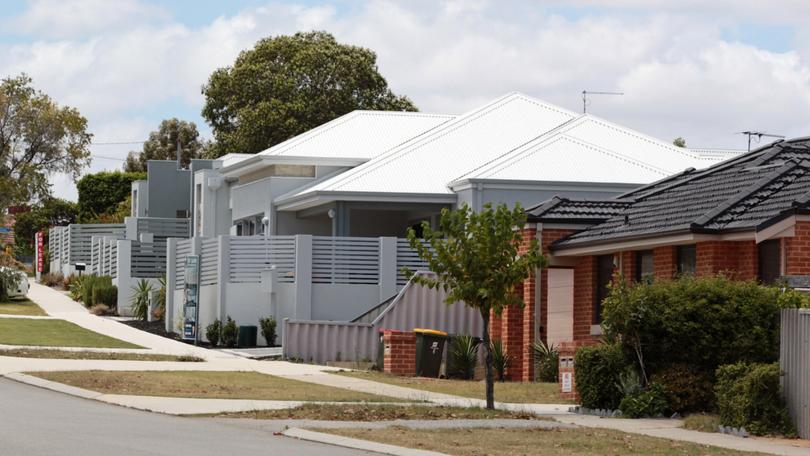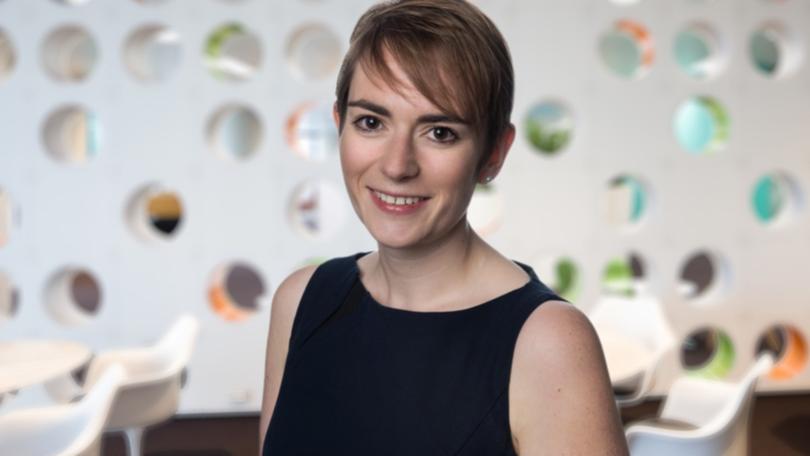Higher interest rates don’t automatically lead to higher rent prices, RBA chief economist Sarah Hunter says
Interest rates are not directly responsible for pushing rent prices higher, the central bank’s chief economist says, and are just one of several factors that contribute to higher property prices.

There is minimal evidence higher interest rates directly push rent prices higher, the Reserve Bank says.
But changing interest rates are a cyclical factor in housing construction, rather than a structural one, RBA chief economist Sarah Hunter says.
Dr Hunter said the key market driver for rental prices was demand versus stock, while interest rates were one of several other factors that played a role.
Sign up to The Nightly's newsletters.
Get the first look at the digital newspaper, curated daily stories and breaking headlines delivered to your inbox.
By continuing you agree to our Terms and Privacy Policy.Her comments come amid an ongoing housing crisis in Australia: rents are rampaging higher in most capitals and many regional areas, while new housing supply is at extremely low levels and house prices defy economic wisdom and keep rising amid the tight market.
They also echo the long-held view of former RBA governor Philip Lowe, who told the Senate last year that greater supply would help keep a lid on prices.
Speaking on Thursday at a Real Estate Institute of Australia conference in Hobart, Dr Hunter said in a strong economy where income growth picked up, increased demand for rental properties would put upward pressure on rent prices and interest rates may simultaneously rise to combat inflation pressures.
“Our preliminary analysis suggests that market conditions . . . explain most of the movement in market rents, and there is little to no evidence of direct pass through to rents from higher interest costs in the short term,” she said.
“The observation that market rents and interest rates move together appears to be a case of correlation, rather than interest rate rises causing rents to increase.”

Dr Hunter pointed to increasing rents in WA in the wake of the mining boom of the early 2010s as the cash rate declined, and rents rising in capital cities in 2021 before the cash rate increased from May 2022.
“Our assessment is that, at a high level, the last couple of years has seen a perfect storm of constraints on activity,” she said.
On new home supply, Dr Hunter said the RBA did not expect direct costs of building materials and supply to fall back significantly after years of increases fuelled by pandemic effects of supply chain disruption and materials shortages. Prices are up nearly 40 per cent since late 2019, she said.
Businesses in the RBA’s company liaison program have reported finishing trades are now in short supply.
Higher rates do dampen the flow of new housing supply, Dr Hunter said, but were not entirely responsible for a widespread flattening.
“Over the long run, it is the fundamentals of demand and the structural build cost that ultimately dictate supply – monetary policy does not have an impact on either of these underlying drivers,” she said.
Dr Hunter said a possible moderation in the pace of growth of construction costs and the already higher prices for property could help to resolve some of the imbalances in the sector, as could Federal and State Government plans to streamline approvals and building.
“But it will not be a quick fix,” she warned. “Demand pressure, and so upward pressure on rents and prices, will remain until new supply comes online.
“We expect this response to take some time to materialise, given the current level of new dwelling approvals and the information from liaison that many projects are still not viable. In the meantime, we expect residential construction activity to remain relatively subdued.”
